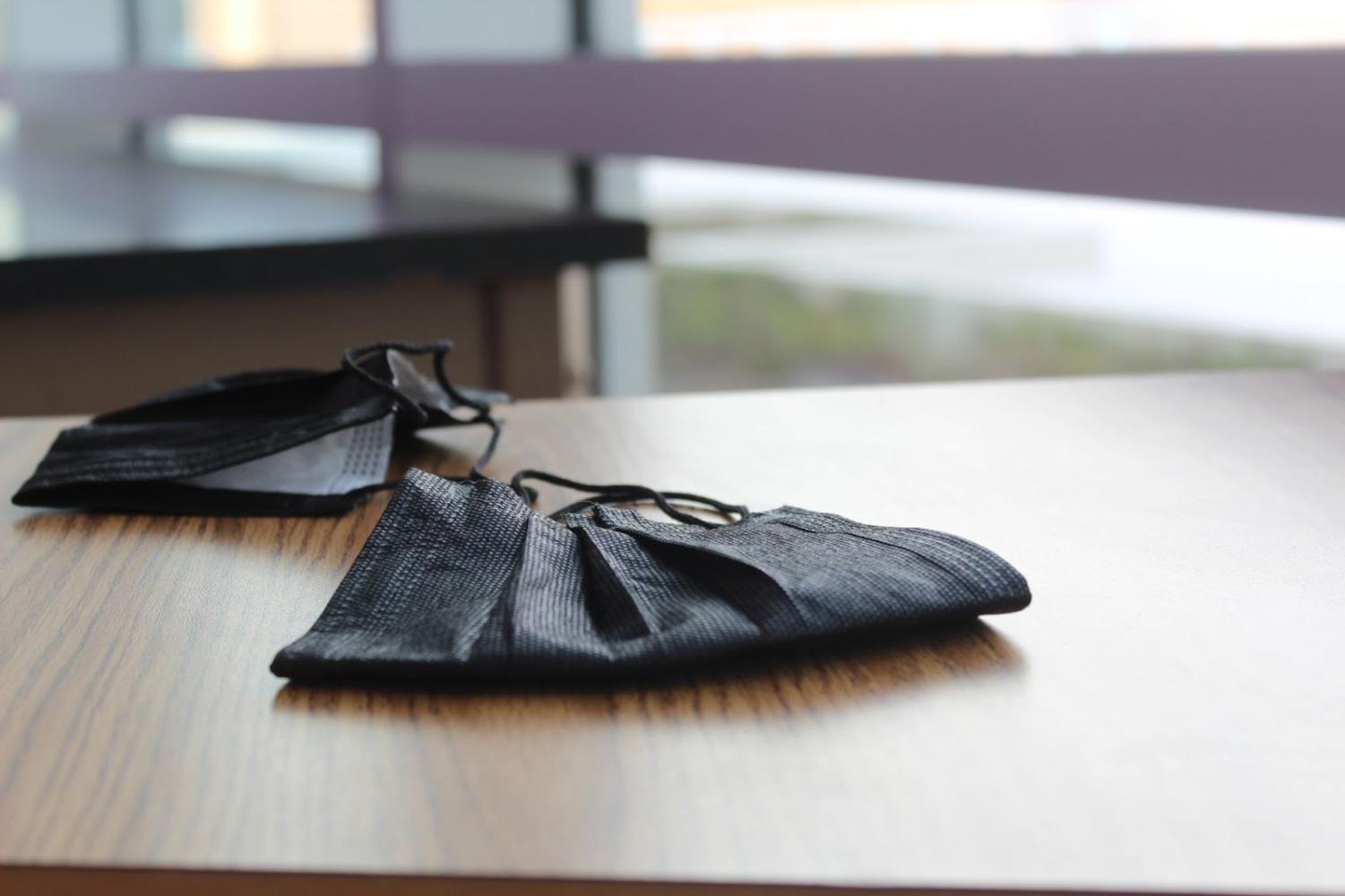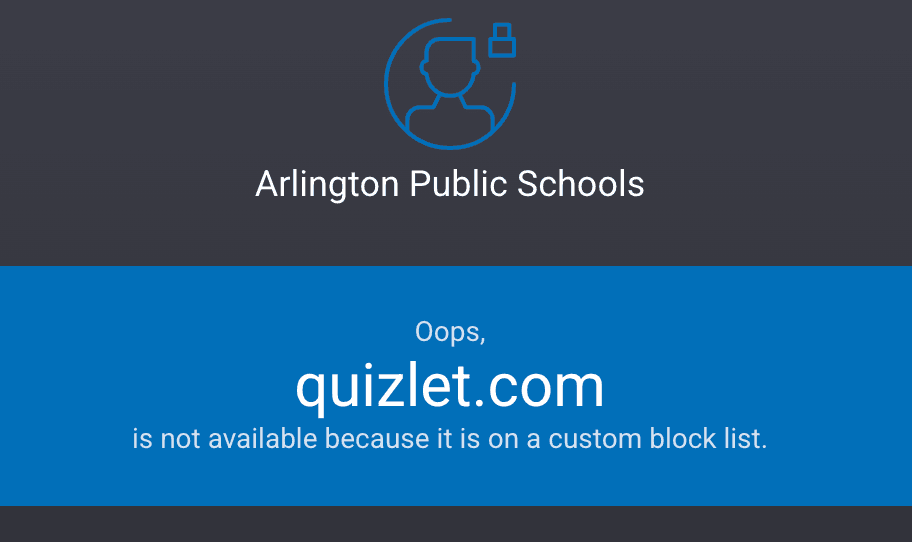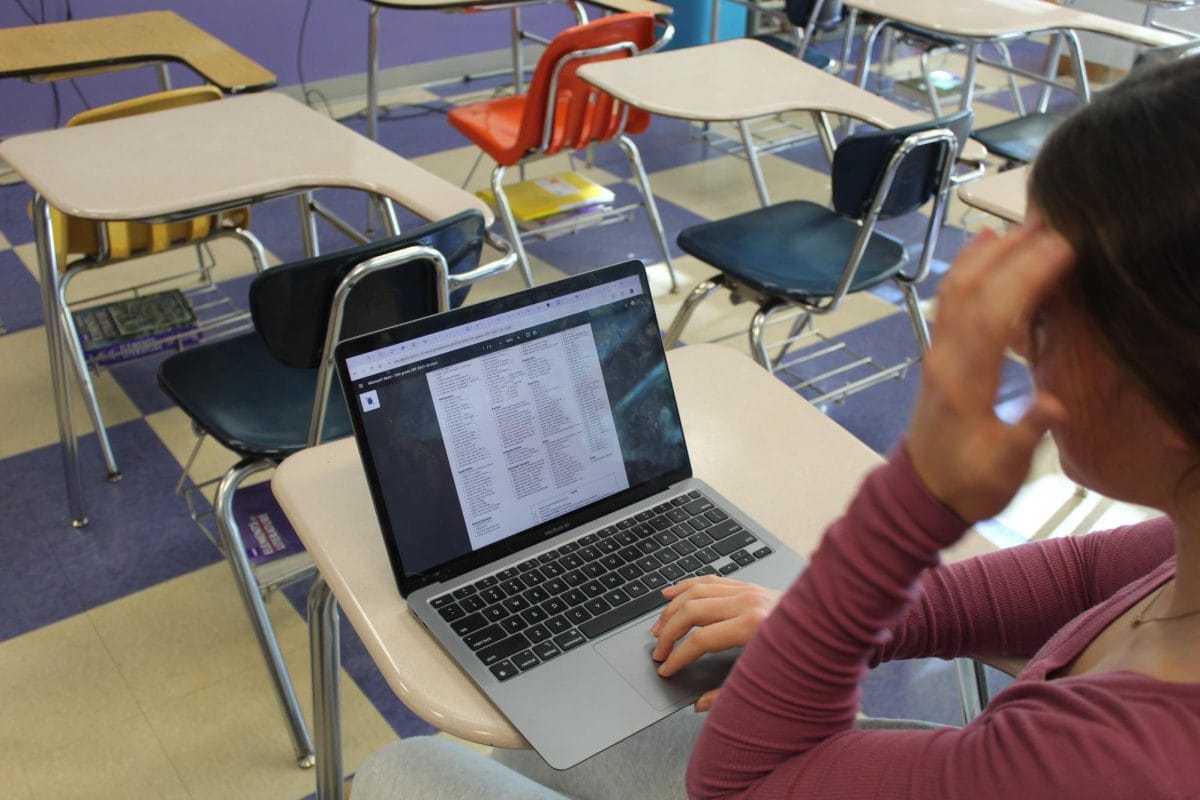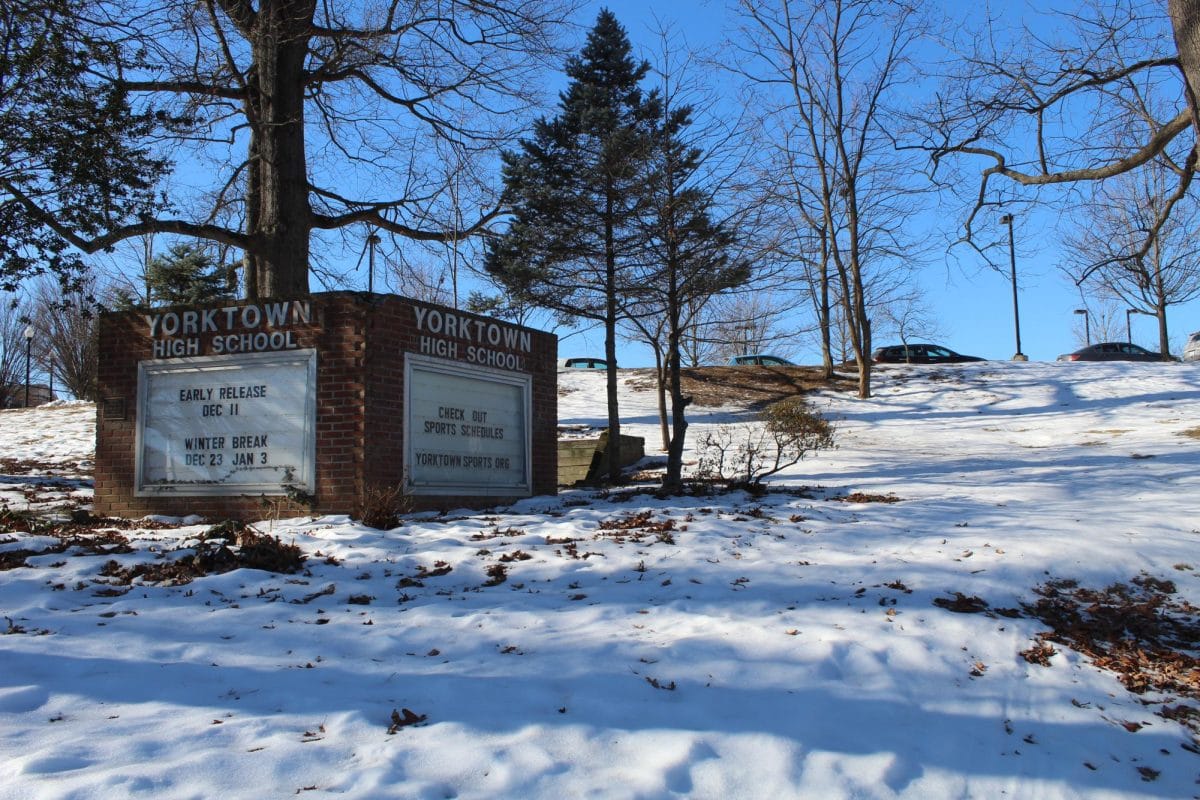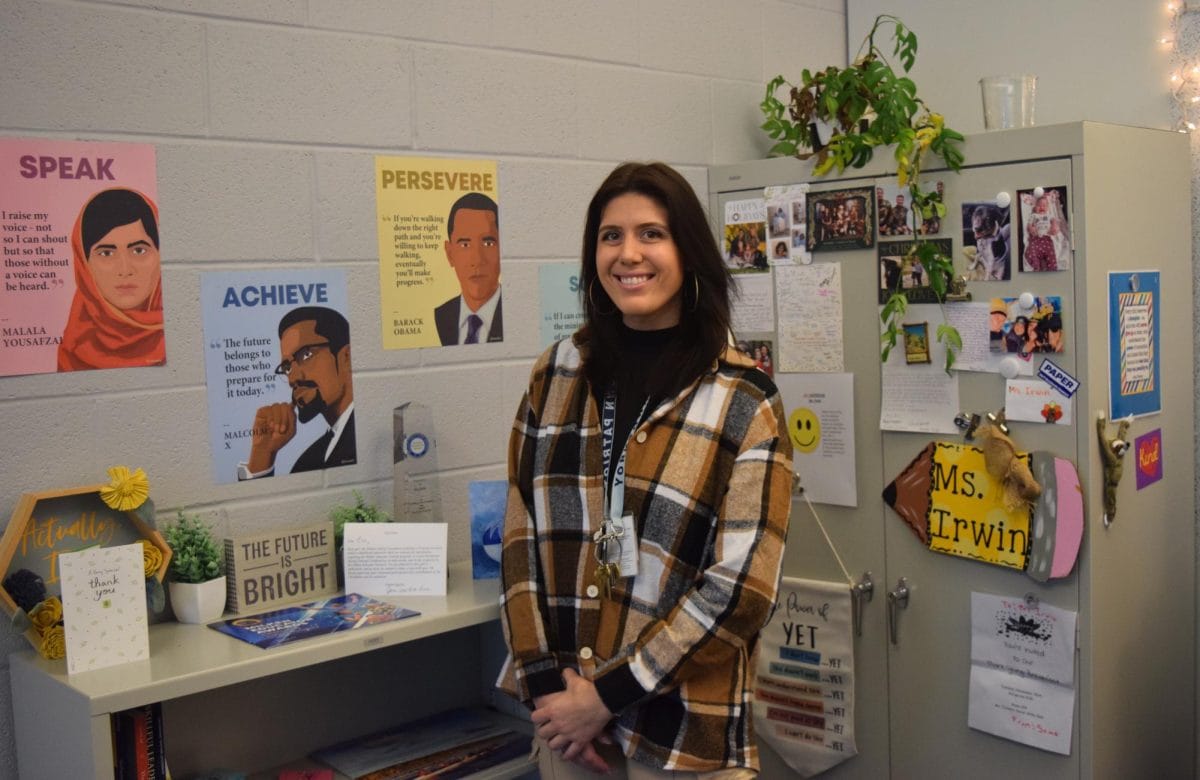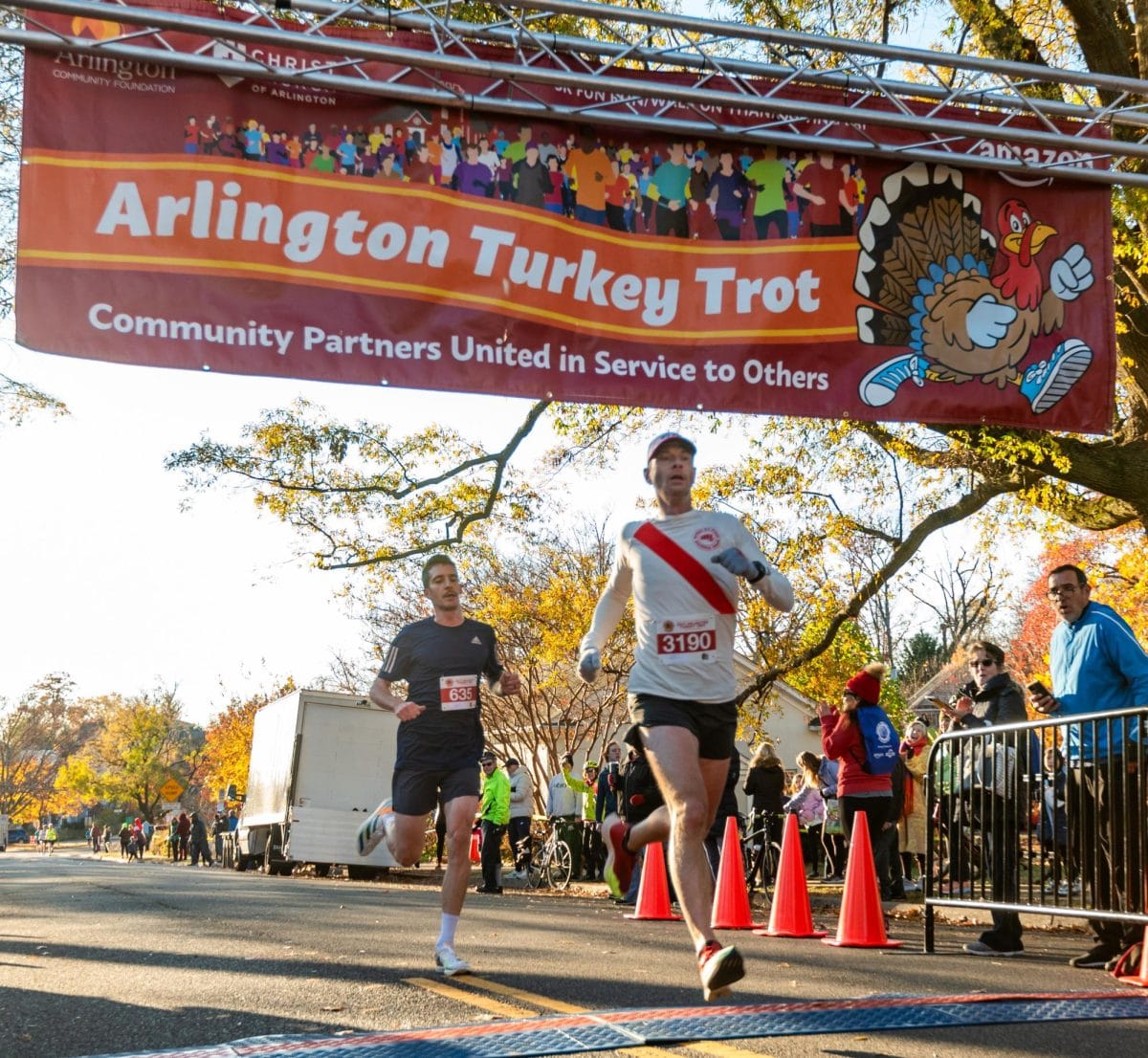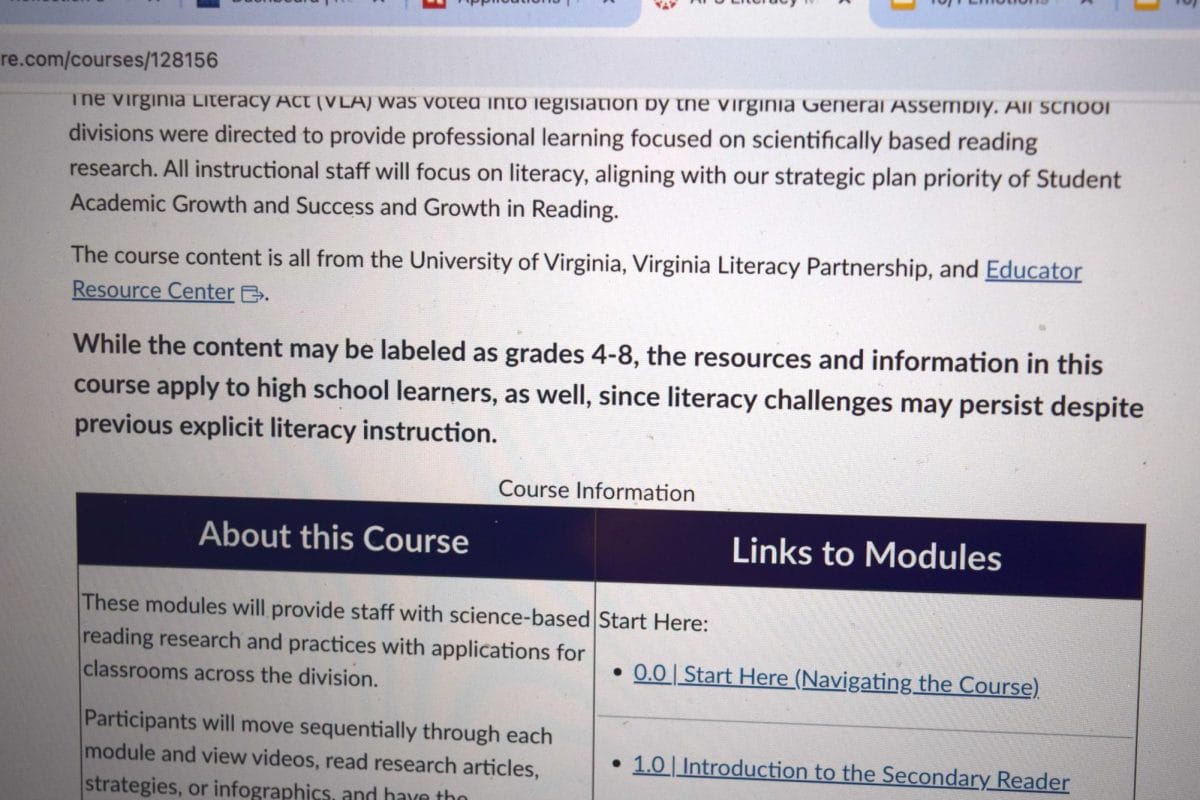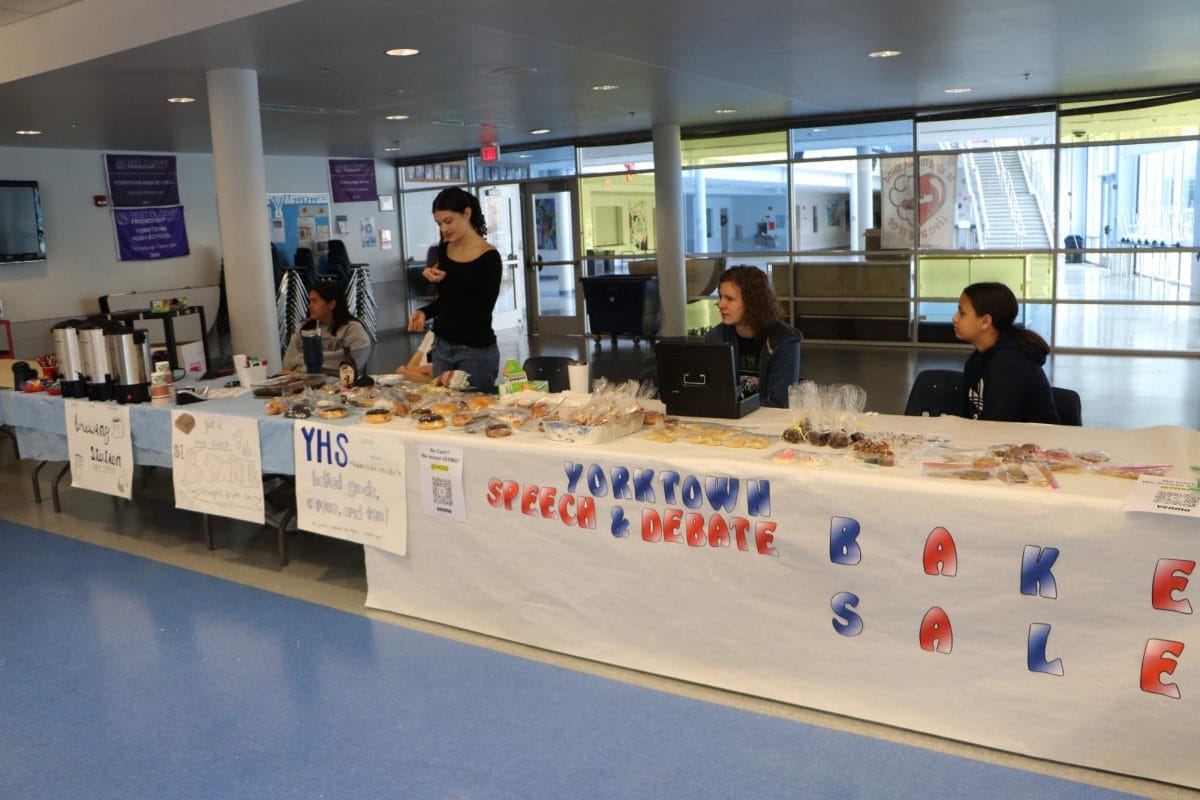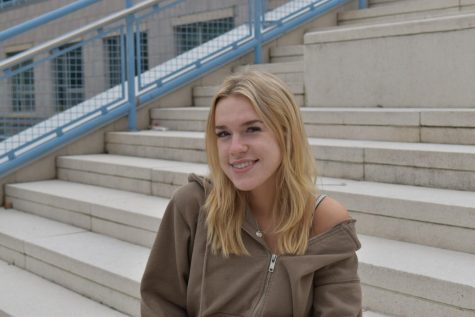On March 1, 2022, students had the option to enter schools without a mask for the first time in almost two years. The Arlington Public Schools (APS) mask mandate was lifted following an executive order signed by Virginia Governor Glen Younkin stating that any parent may elect for a child to not wear a mask while on school property.
The news of the executive order, which began circulating approximately two weeks before the mask mandate was legally lifted, became a fervent topic of conversation among students. In a similar fashion, administrators and legal staff met to interpret the executive order and release guidance to the Yorktown community.
The bill that was signed into law on February 16 stated that, “Notwithstanding any other provision of law…the parent of any child…may elect for such a child to not wear a mask while on school property. A parent making such an election shall not be required to provide a reason…no student shall suffer any adverse disciplinary or academic consequences as a result of this parental election.”
Our school’s administrators were met with the challenge of translating this bill into guidelines for students and staff before they entered the building on March 1.
“On [Thursday, March 24], we were able to explain the law and what our requirement was to implement the law here. The principals met with legal counsel Thursday morning, and Thursday afternoon the expectations were shared with staff. The law required an opt out by parents, so APS was planning on sharing the guidance on how to opt out on Friday,” principal Kevin Clark said.
However, plans to introduce the guidelines for a parent opt out were put on halt by CDC’s issuing of new, radically different, COVID-19 community classifications on Friday, February 25. The new CDC guidelines classified Arlington as a low transmission community, which changed the mask guidelines for APS regardless of the executive order.
“Under the old guidance, the policy for APS was that whenever Arlington was in moderate to high transmission, it was required that all staff wear their masks regardless of what the policy was for students. Since that CDC policy changed so radically, we are now classed as a low transmission area, so now that is no longer applicable, hence why some teachers are masked and others are not,” history and government teacher Ryan Zito said.
Both the legal order signed on February 16 and the altered CDC guidelines were factors in the policy change making masks optional in APS schools.
“APS had already put out a framework for certain levels of transmission and whether masks would be optional or required, and low [transmission rates] were associated with optional masks for staff and students. That trumped the executive order that was passed and removed the need for a parent opt out,” Clark said.
On Monday, February 28, APS issued a statement saying masks would be optional for all staff and students, and that no opt out form was required. Lifting the mask mandate meant a huge change for schools district-wide. For the first time in almost two years, an integral part of COVID-19 protection was made optional. Naturally, some students and staff alike had concerns about the abrupt change.
“I hope the people that aren’t wearing masks are vaccinated, because I really don’t want to go back to online school,” freshman Katie Shore said.
“Of course I’m worried. The pandemic is not over. At the same time I am hopeful, cautiously optimistic might be the best way to describe where I’m at,” Zito said.
Aside from health and safety concerns, administration also worried about student dynamics regarding mask wearing, due to the sensitive and somewhat political nature of the issue.
“A concern was that students might be anxious, worried or distracted from their learning. We were trying to help teachers who might have concerns without impacting students who chose to take their masks off, since legally we’re not allowed to negatively impact anybody based on their choice,” Clark said.
What was remarkable about the change observed on March 1 was that, in large part, business as usual seemed to continue. Some students went unmasked, and overall there was little evidence of conflict.
“We haven’t heard any reports of that, and we’ve been encouraged by that. We think students have done a really good job going with this new setup. I think there’s an element of us being used to things changing quickly now, but people have been pretty good about rolling with the punches,” Clark said.
“I wish they had made it optional to not wear masks earlier, but I’m glad they have given everybody the option to do what they feel is best for their own personal health and safety…I’m glad that they’ve given us the option and freedom to have that choice,” junior Benjamin Newfield said.
However, the change was not completely without discussion. The conversation surrounding masks was very apparent on March 1 and then seemed to decline as students adjusted to the new policy.
“I’ve noticed that there had been more talk about it. When I hear people talking about it now, it’s just ‘who’s wearing one and who’s not wearing one’,” Shore said.
Within the social environment of high school, peer pressure and friend groups seem to play a role in whether students decide to go unmasked.
“I definitely do think [peer pressure] affects certain people’s decisions. It hasn’t really affected mine, but there are some instances in my classes where there’s fewer people wearing masks, so I would hypothetically feel more comfortable taking it off. I think in certain friend groups also, there’s been a pressure to be just like your friends and take off the mask or wear the mask,” junior Ann Leslie Riley said.
As the school year continues, the Yorktown community will continue to adapt to the changes that accompany such a unique situation as COVID-19.
“It’s the kind of thing where you worry, plan, prepare and try to inform the community and provide support. Then a couple days later it feels like we’re back to normal. I think we’re going in the right direction too with case counts, so I’m encouraged by everything and hopeful for a good end to the school year,” Clark said.





































